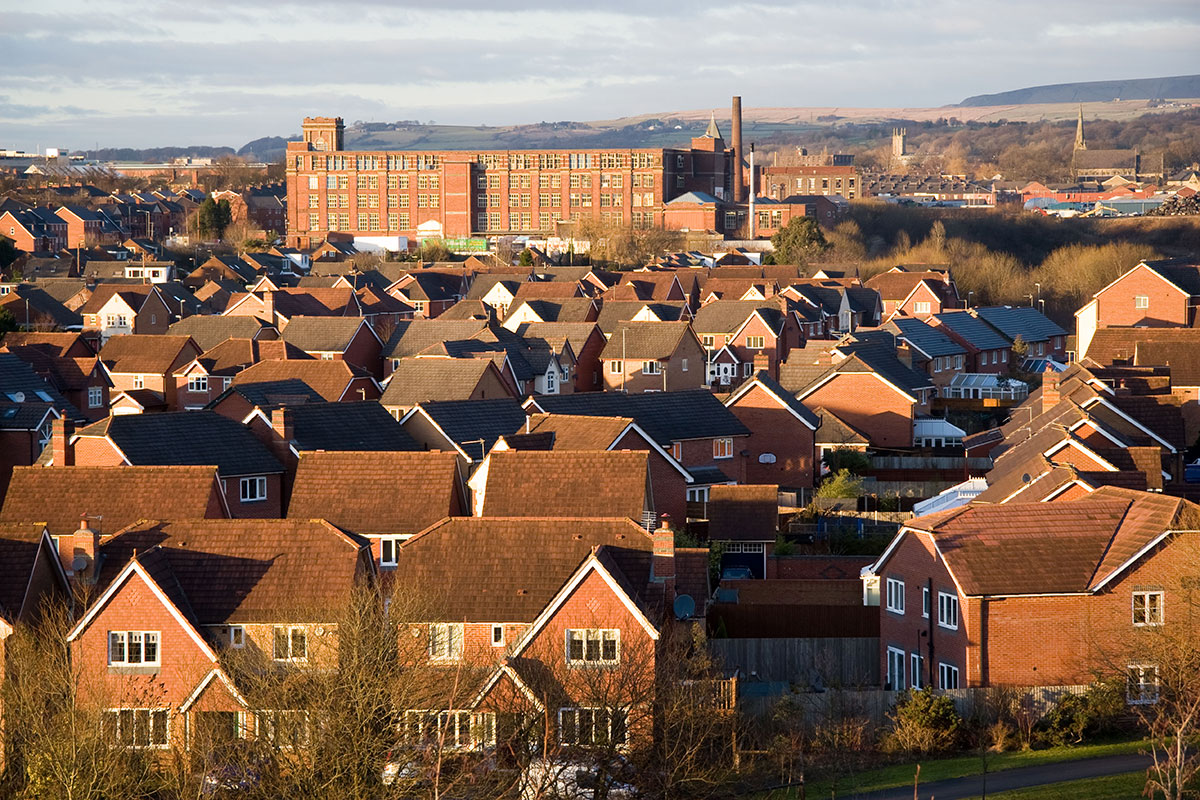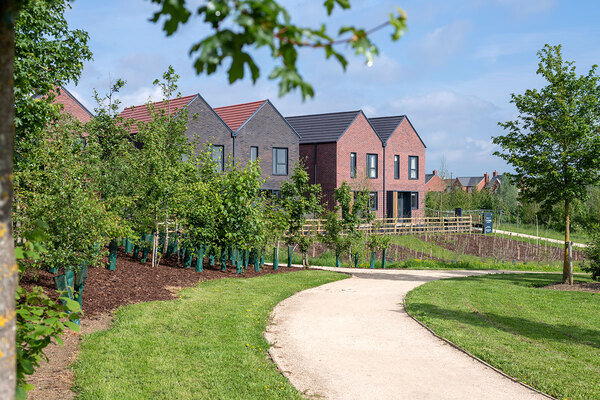You are viewing 1 of your 1 free articles
West Midlands Combined Authority reveals shape of new affordable homes programme
The West Midlands Combined Authority (WMCA) has revealed the shape of its enhanced affordable homes programme following a “trailblazer” devolution deal with central government.
The devolution package was signed in March and agreed the WMCA will receive a single affordable housing settlement from central government after 2026.
Until then, there will be “a major role” for the combined authority in shaping affordable housing development and investment in the region, Gareth Bradford, director of housing, property and regeneration at WMCA, told Inside Housing.
He added: “Up to 2026, it will be the combined authority setting the overall affordable housing strategy and the direction of travel and the leadership, and Homes England continuing to do the administration and the management of the fund.
“Post-2026, it’s much more of a model where the combined authority and region are in charge of all different aspects of the affordable housing programme and Homes England is working to the combined authority and supporting us.”
Mr Bradford said the aim of the new programme is for WMCA to work with Homes England and local providers to bring forward “additional projects to what was already planned through the system”.
“The combined authority can, on a single site, put in brownfield funding, infrastructure funding, and then help with affordable housing delivery. By that cocktail of funding, we can unlock lots of new projects,” he said.
According to the Department for Levelling Up, Housing and Communities, the pre-2026 affordable homes settlement will be worth at least £200m for the West Midlands, and there is a “clear ambition” for WMCA, local partners and Homes England to work together to invest up to £400m in the same time frame.
The reason for the three-year delay before full devolution, Mr Bradford explained, is so as not to “detract the delivery of those affordable housing projects that are already in the system,” as well as to “maximise the expertise and support that Homes England can provide”.
He said “it’s not quite a GLA [Greater London Authority] model of devolve everything,” adding it is “more of a mixed model”.
Rather than completely devolving the programme, as in London, WMCA will still use the “administration and the contract management, the committed commissioning model role of Homes England”.
The Greater Manchester Combined Authority, which has also received a new devolution deal, will be following a similar route by continuing to work with Homes England on affordable housing.
At least £400m of affordable housing funding will be invested in Greater Manchester by March 2026.
Mr Bradford said that the deal builds upon WMCA’s existing affordable housing programmes, including its own definition of affordable housing, which is based on “local incomes rather than just house prices”.
“Our minimum target that we have for all our investments is 20% affordable housing, but in terms of the type of provision, what is needed to meet local needs, that will have to be proven every time,” he added.
He also said that a number of the West Midlands region’s 17 councils are “taking papers to their board to either expand their current level of council housebuilding, or they’re looking into it as a serious endeavour themselves”.
Mr Bradford confirmed that the £15m funding that housing secretary Michael Gove promised to the combined authority earlier this year to improve existing social stock has not landed yet, but called it a “welcome contribution”.
Sign up for our daily newsletter
Already have an account? Click here to manage your newsletters











